The Most Holy Eucharist is the heart of Catholic Christianity. The reason for this is obvious: the Eucharist generates the Mystical Body of Christ and the Mystical Body of Christ is the Church (The Catechism of the Catholic Church {CCC} … [Read more...]
On the Ordination of Women and the Priesthood of Christ
In the past half century, discussion about women priests in the Christian Churches has intensified. Most Churches, in particular, the Roman Catholic Church and the Orthodox Churches, have held firm to the traditional view that only males … [Read more...]
On Understanding Priestly Celibacy: A Suggestion
Discussion has recently arisen about priestly celibacy in the Catholic Church. Such discussion is not new. This time the discussion involves a pope, Pope Francis. The discussion springs from an interview with Eugenio Scalfari (published in … [Read more...]
Mary, Daughter of Zion
In the ancient Near East, a woman, often evoked as a virgin, was frequently used to symbolize a city or a country. For example, at Isaiah 47:1, the city of Babylon is called a “virgin daughter”: “Step down! Sit in the dust, virgin daughter o … [Read more...]
Some Thoughts on the Resurrection of Jesus
This article is intended to be a radically different approach to the empty-tomb narratives in Mark and John. John and Peter racing to the tomb on Easter morning -By Burnard Introduction In a recent issue of Homiletic and Pastoral … [Read more...]
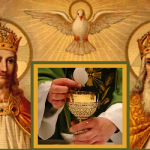

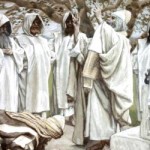
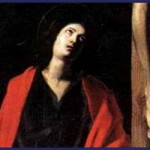
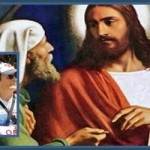
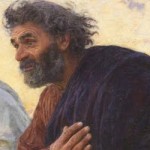
Recent Comments